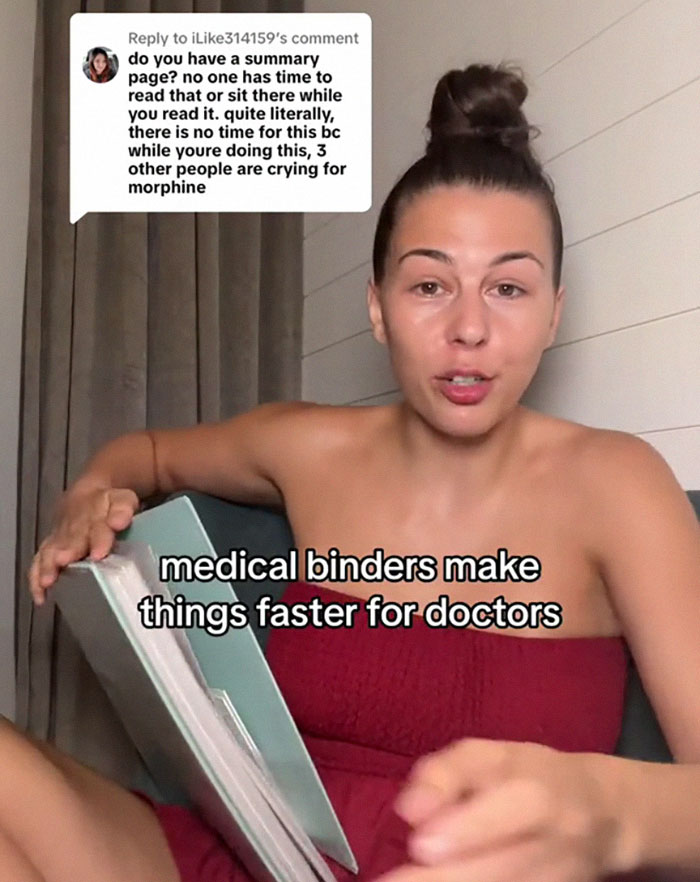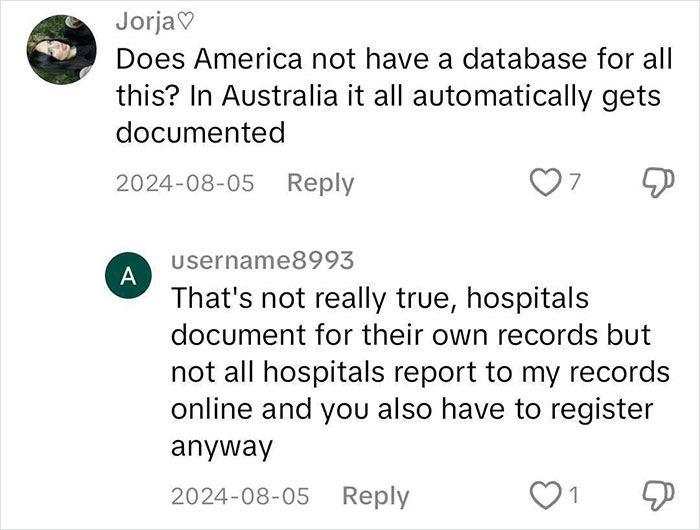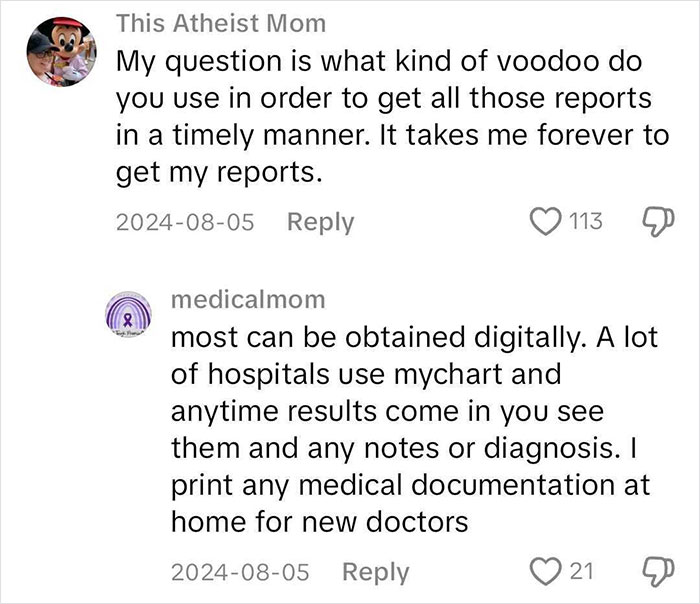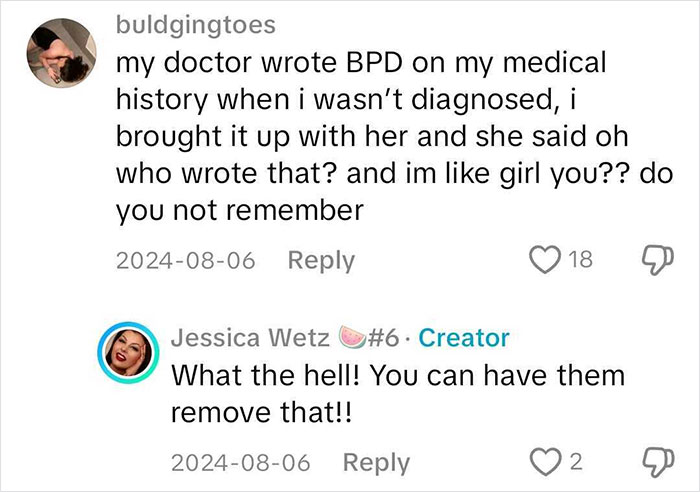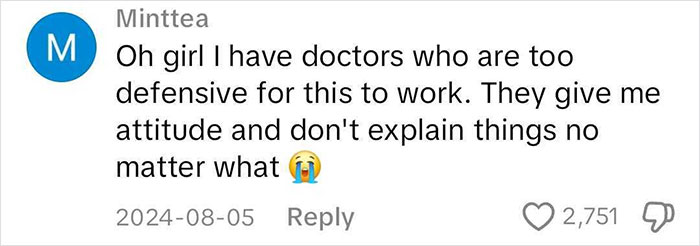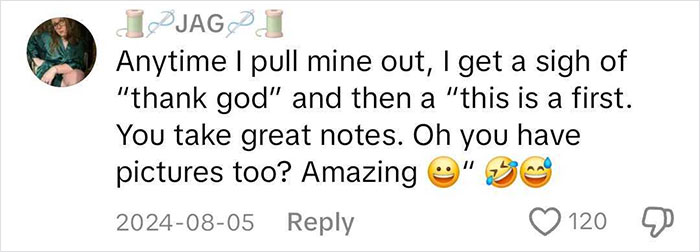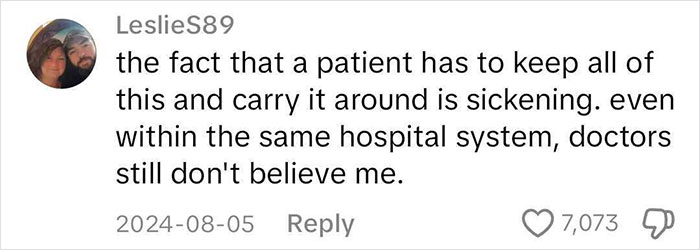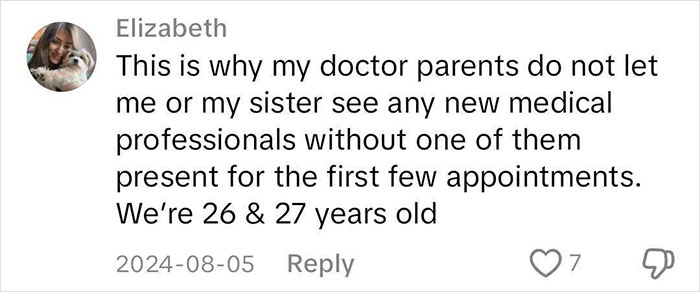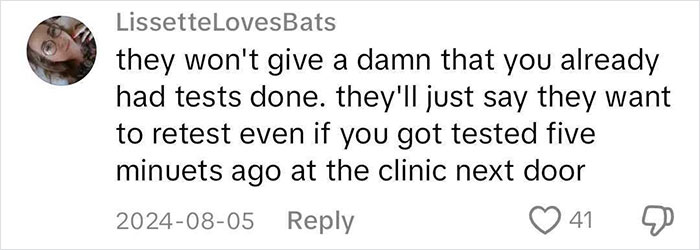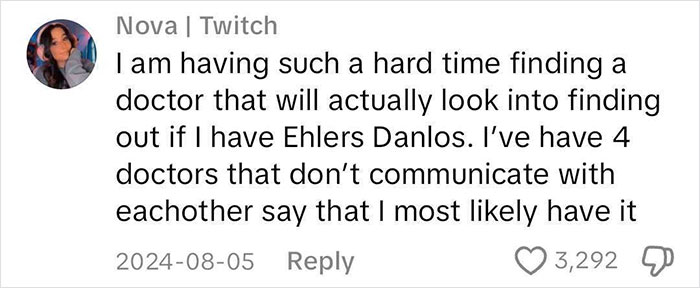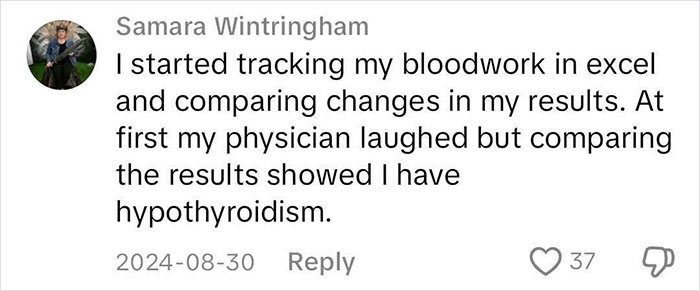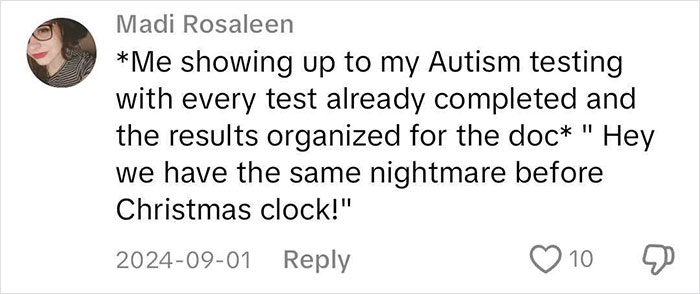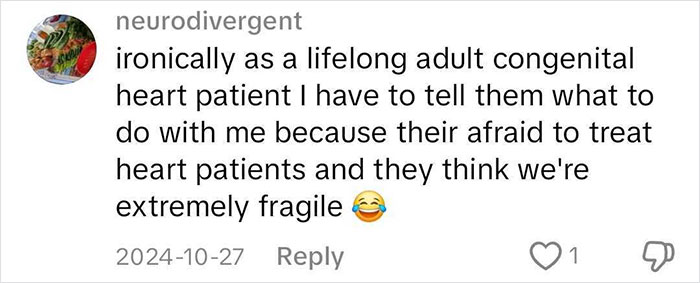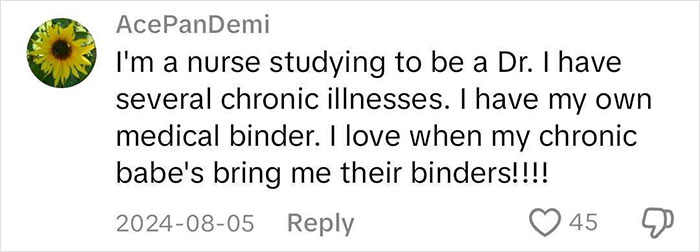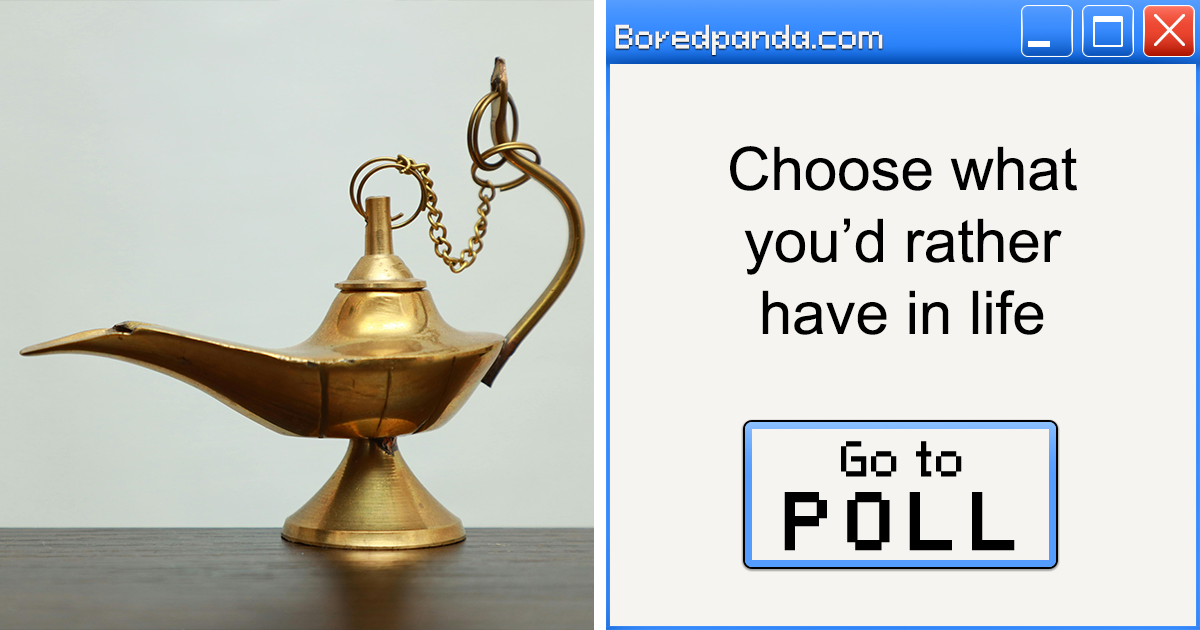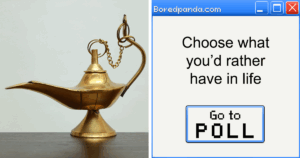“Meet the Woman Who Took a Stand Against Inefficient Healthcare: Her Viral Medical Binder Sparks a National Conversation!”
A misdiagnosis can be dangerous or even fatal. A study published in JAMA Internal Medicine found that nearly 1 in 4 hospital patients who died or were transferred to intensive care had experienced a diagnostic error. Nearly 18% of those misdiagnosed were harmed or died.
Overall, an estimated 795,000 patients a year die or are permanently disabled due to misdiagnoses, according to a study published in BMJ Quality & Safety. However, some groups are more at risk than others.
Women and racial and ethnic minorities are 20% to 30% more likely than white men to experience a misdiagnosis, said Dr. David Newman-Toker, a professor of neurology at Johns Hopkins School of Medicine and the lead author of the BMJ study. “That’s significant and inexcusable,” he told KFF Health News.
Other research consistently confirms this bias.
For example, a study published in Academic Emergency Medicine found that women who visited the emergency room with severe stomach pain waited almost 33% longer than men with the same symptom.
Among minorities, Black people with depression are more likely than others to be misdiagnosed with schizophrenia. Additionally, minorities are less likely than white patients to be diagnosed early with dementia, depriving them of access to treatments that are most effective in the early stages of the disease.
“The vast majority of diagnoses can be made by getting to know the patient’s story really well, asking follow-up questions, examining the patient, and ordering basic tests,” said Hardeep Singh, a professor at Baylor College of Medicine and a researcher at Houston’s Michael E. DeBakey VA Medical Center. When speaking with people who’ve been misdiagnosed, “one of the things we hear over and over is, ‘The doctor didn’t listen to me.’”
Jessica Wetz’s solution to this issue—bringing a medical binder to every appointment—is both practical and valid. Her experience reflects the findings of numerous studies and resonates with the comments on her videos. However, while her approach addresses the symptom, it doesn’t tackle the root cause: the need for doctors to listen better and confront their biases.
In the meantime, if you feel you’re not being treated fairly, don’t stay silent. Speak up, voice your concerns, and if necessary, seek a second opinion. Your health is worth it.
Some viewers noted that in the US, simply getting access to your medical reports is a hurdle in itself
Meanwhile, others praised the idea of a medical binder but said it’s outrageous that it’s even necessary
Thanks! Check out the results:

